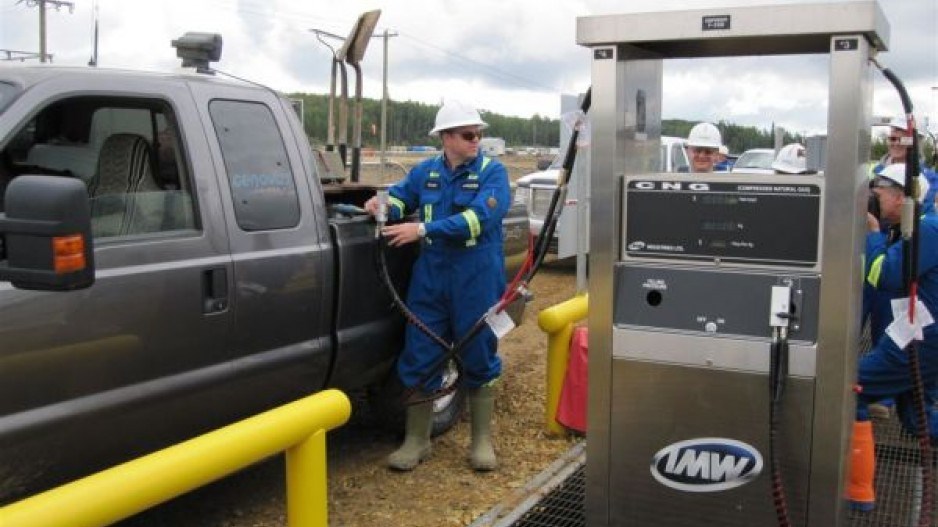Despite the City of Vancouver’s war on natural gas, the city and FortisBC, B.C.’s natural gas utility, have reached an agreement to work together on projects that will reduce Vancouver’s carbon footprint.
The city and FortisBC announced November 24 that they have signed a memorandum of understanding to co-operate on a number projects, including incentives to switch city vehicles from diesel and gasoline to cleaner burning natural gas
The city and FortisBC will also work to enhance the existing methane extraction system at the Vancouver landfill to capture and clean up methane that is currently flared for use as renewable natural gas (RNG).
“By working together, we’re finding solutions whereby we can get more efficient appliances in, reduce emissions, create pathways for things like renewable natural gas and natural gas vehicles,” said Jason Wolfe, director of energy solutions for FortisBC.
The city’s Renewable City Strategy aims to phase out natural gas, which has caused FortisBC and other businesses some concern. Only RNG would be acceptable in new developments.
The problem is that, at present, RNG is nearly non-existent. It makes up less than half of 1% of the natural gas supply in B.C.
Currently, some of the methane that is captured at the Vancouver landfill is used to generate electricity. But 40% of it is still flared. FortisBC has agreed to invest in a new system that will use that wasted resource, clean it up and inject it into the gas stream as RNG.
Even then, however, the amount of RNG FortisBC will be able to supply will still be less than 1% of the total available natural gas supply in B.C.
“We’re looking at a number of other opportunities as well,” Wolfe said. “We’ll keep adding to that number.”
“We’re working together both to try to increase the use of renewable natural gas in the city and find projects to increase the supply,” said Matt Horne, the city’s climate policy manager. “The Vancouver landfill gas project is a good example.”
As for transportation, the city is already working to convert its lighter duty vehicles fleet from gasoline and diesel to electric vehicles. Some heavy duty trucks have been converted to compressed natural gas.
The MOU includes an agreement to work with FortisBC to convert more of thecity’s heavy duty vehicles to natural gas.
“Right now there’s a few city vehicles – trash haulers – that are already on natural gas and we’ll be looking at other opportunities for other vehicles to do that,” Wolfe said.
The city and FortisBC will also work within its zero emissions building policies to provide incentives to homeowners and building owners to upgrade old gas furnaces and boilers to higher efficiency ones.




